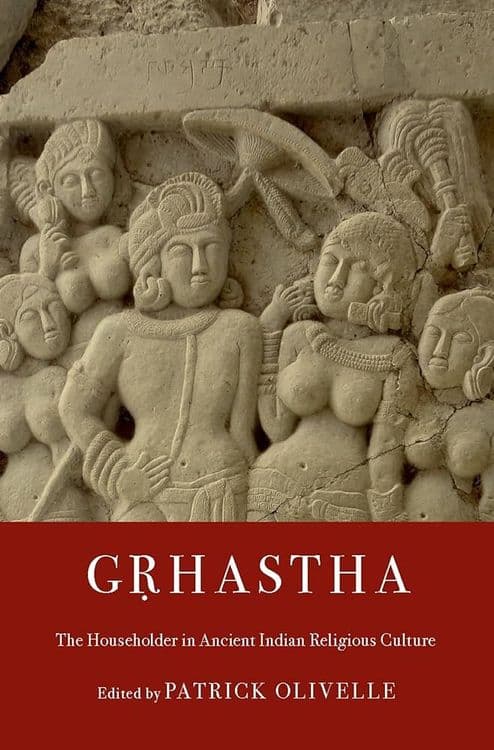Today I talked to Patrick Olivelle about his book Grhastha: The Householder in Ancient Indian Religious Culture (Oxford UP, 2019).
For scholars of ancient Indian religions, the wandering mendicants who left home and family for a celibate life and the search for liberation represent an enigma. The Vedic religion, centered on the married household, had no place for such a figure. The central finding of these studies is that the householder bearing the name grhastha is not simply a married man with a family but someone dedicated to the same or similar goals as an ascetic while remaining at home and performing the economic and ritual duties incumbent on him. The grhastha is thus not a generic householder, for whom there are many other Sanskrit terms, but a religiously charged concept that is intended as a full-fledged and even superior alternative to the concept of a religious renouncer.
Raj Balkaran is a scholar, educator, consultant, and life coach. For information see rajbalkaran.com.

